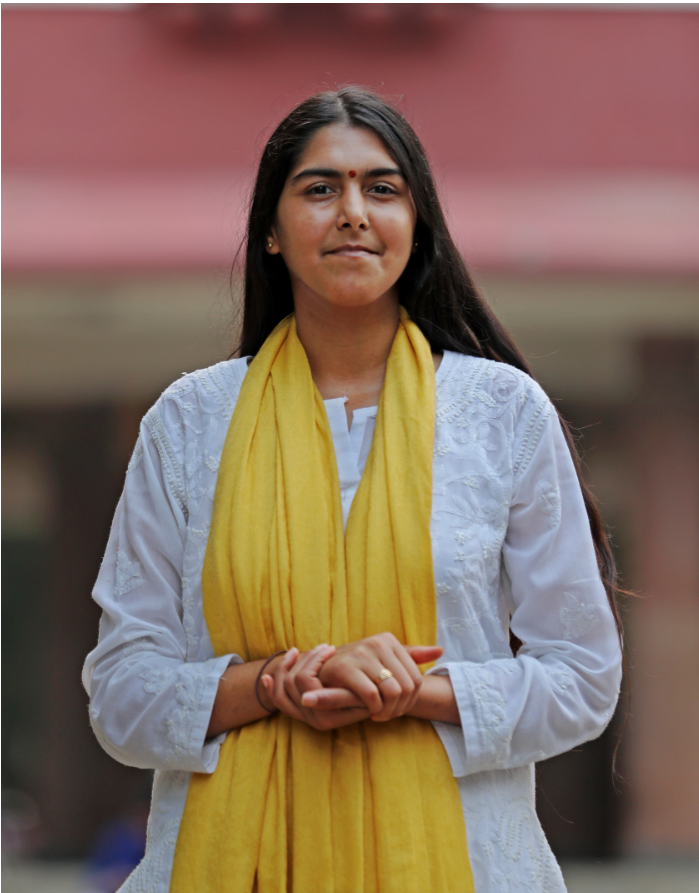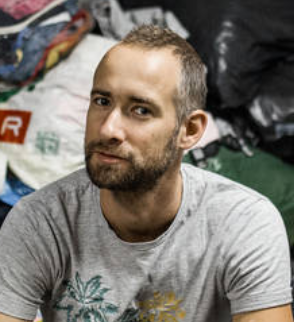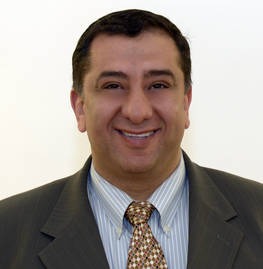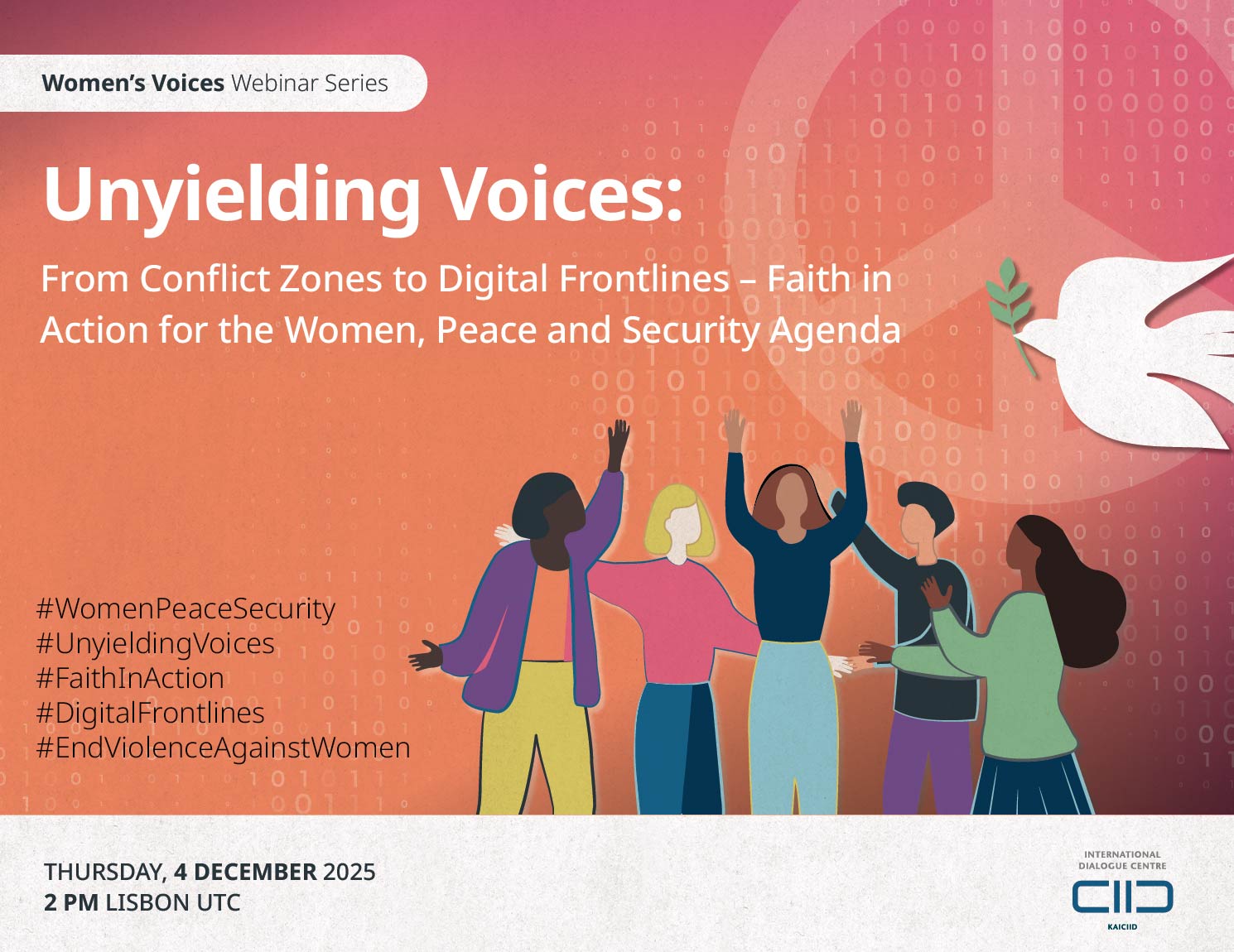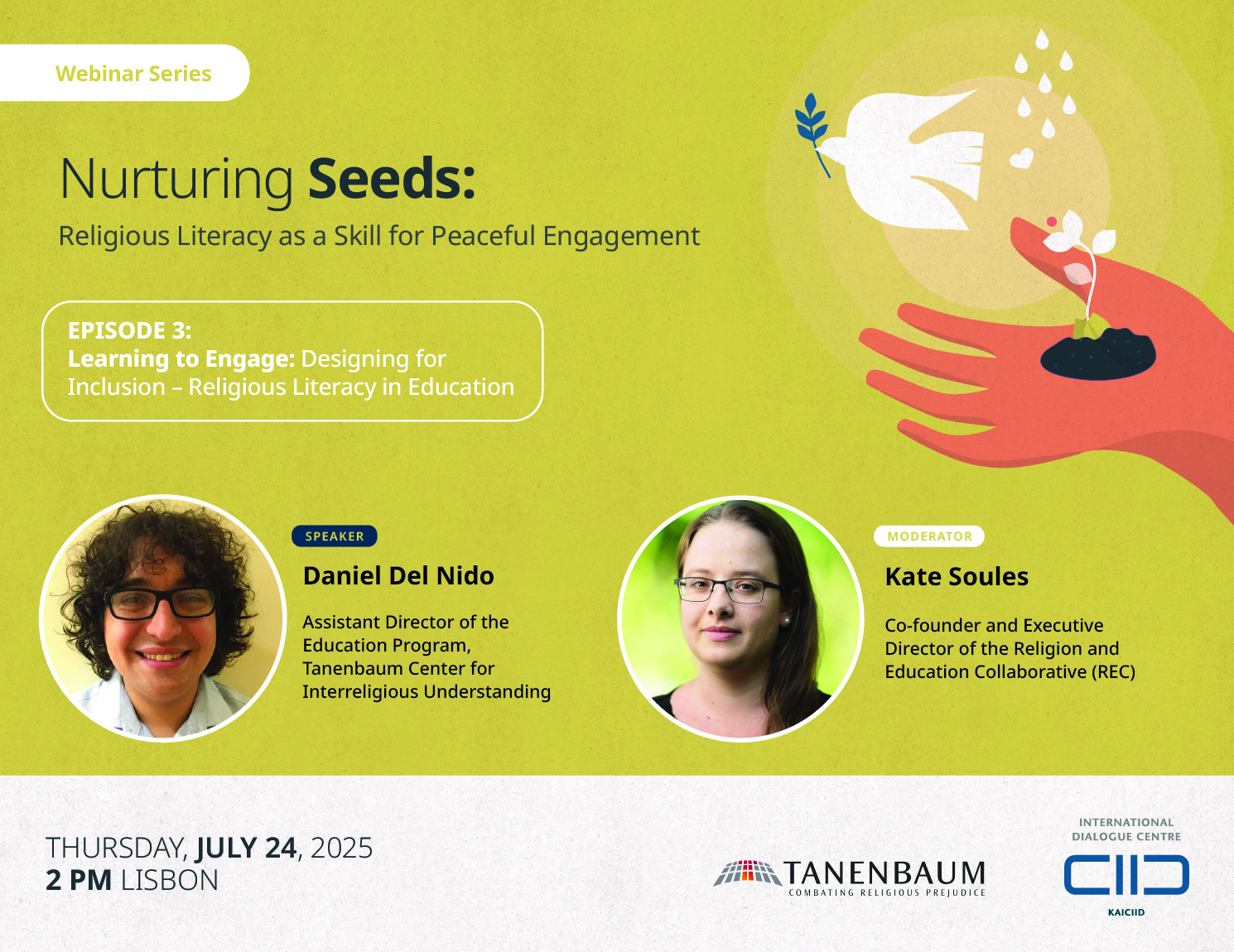Ganga Nandini is a youth leader who has recognised the immense power of faith and serves as the Director of Implementation, Integration & Communication for the Global Interfaith WASH Alliance (GIWA). As the world’s first-ever international interfaith initiative which brings together the world's faiths as allies around clean water and sanitation, GIWA ensures that every child around the world has access to safe, life-giving Water, Sanitation and Hygiene (WASH). Ganga Nandini was born and raised in Los Angeles, California and graduated from University of California Berkeley with a Bachelor’s degree in Molecular Cell Biology and Psychology. Spiritually inspired by the sacred National River Ganga during her visit to her ancestral land of India in 2010, she felt a call to serve HH Pujya Swami Chidanand Saraswatiji, Founder/Chair of GIWA and President of Parmarth Niketan, Rishikesh (Himalayas). Parmarth Niketan is a sacred abode where people from every faith and walk of life are welcomed and invited. Ganga Nandini was first transformed by the power of dialogue during her high school years as a Youth Mentor for the National Council of Community and Justice (NCCJ), now known as Cacej, in Los Angeles, California. Today, in addition to serving with GIWA, she is also the Vice President of the Harijan Sevak Sangh of Uttarakhand and holds various leadership roles in Ganga Action Parivar and the Divine Shakti Foundation. Ganga Nandini dedicates her life to coordinate and implement various large scale and multi-faceted initiatives, programmes and projects, especially in mobilising interfaith leaders and faith based organizations in India to work together towards the Sustainable Development Goals and environmental preservation.


